Russia: IAEA board calls for resumption of Vienna talks, Iran’s increased cooperation with agency
The Russian ambassador to international organizations in Vienna says during its latest session in the Austrian capital, the Board of Governors of the International Atomic Energy Agency (IAEA) called for the resumption of talks on the revival of Iran’s nuclear deal, officially known as the Joint Comprehensive Plan of Action (JCPOA).
Mikhail Ulyanov made the remarks in a Thursday tweet in which he noted the IAEA board believed that it is high time for Tehran to intensify cooperation with the agency “in order to settle outstanding issues.”
The #IAEA BoG finished consideration of #Iran-related issues at its current session. The prevailing view was that it is high time for Tehran to intensify cooperation with the Agency in order to settle outstanding issues. The Governors also called for resumption of #ViennaTalks.
— Mikhail Ulyanov (@Amb_Ulyanov) September 16, 2021
Speaking at the IAEA board meeting, Ulyanov said, "All the safeguards obligations with IAEA should be strictly observed by all states/w agreements in force. incl. #Iran."
He called for Iran's continued cooperation with the IAEA to help clarify any remaining issues and said, “It is important that Iran ensures cooperation and clarifies those issues to be removed from the board’s agenda."
The Russian diplomat also said his country calls on the IAEA to ease tensions, abstain from politicizing and return to routine tech cooperation with Iran, adding that any concern should be handled in line with the Safeguards Agreement.
🇷🇺@Amb_Ulyanov at @iaeaorg #BoG:
— Russian Mission Vienna (@mission_rf) September 16, 2021
💬All the safeguards obligations with IAEA should be strictly observed by all states w/ agreements in force, incl. #Iran. It is important that 🇮🇷 ensures cooperation & clarifies those issues to be removed from the Board’s agenda. pic.twitter.com/GnBAe3g9ZI
Iran has reduced the level of its cooperation with the IAEA as part of a December 2020 law that tasked the Atomic Energy Organization of Iran (AEOI) to stop allowing IAEA inspections “beyond the Safeguards Agreement,” including the voluntary implementation of the Additional Protocol, if the other JCPOA signatories fail to fully deliver on their commitments under the landmark accord.
Tehran has announced that all inspections of the country’s nuclear facilities beyond the Safeguards Agreement have come to a halt, but the IAEA continues those inspections that fall within the framework of the Safeguards Agreement as usual.
The JCPOA was reached between Iran and six world powers—the US, Russia, China, France, Britain and Germany—in 2015, and was nixed by the United States in 2018. The US then unilaterally reinstated draconian sanctions on the Islamic Republic in spite of Tehran’s hitherto strict compliance with the multilateral deal.
The parties to the JCPOA began high-profile talks in Vienna earlier this year after the US, under Joe Biden, voiced willingness to rejoin the deal. However, the talks have been delayed because of Iran's presidential election. The talks are expected in the near future, according to Iran's Foreign Ministry spokesman.
Since the beginning of the Vienna talks, Tehran has made it clear that it seeks the removal of all the sanctions imposed on Iran after the JCPOA went into effect in January 2016. The US, however, insists that it is willing to remove only those that are inconsistent with the JCPOA.
Kazem Gharibabdi, Iran’s ambassador and permanent representative to the Vienna-based international organizations, told the IAEA board meeting on Wednesday that “as long as sanctions continue, do not expect Iran to [show] restraint and [take] constructive action.”
“Our nuclear activities, including enrichment at various levels and production of silicon fuel, are carried out based on our right under the Non-Proliferation Treaty, are fully peaceful and are surveilled and verified by the Agency under the Safeguards [Agreement],” Gharibabadi said, urging the other parties to honor their own commitments instead of criticizing Iran.
‘Transparent nuclear work to rebut accusations’
Ahead of this week’s meeting of the IAEA’s 35-nation Board of Governors, the UN nuclear watchdog’s Director General Rafael Grossi made a visit to Tehran to meet Head of the AEOI Mohammad Eslami.
Following their meeting, Grossi and Eslami issued a joint statement reaffirming the spirit of cooperation and mutual trust.
On Wednesday, Eslami attended a session of the Iranian Parliament’s National Security and Foreign Policy Committee to expound upon his meeting with Grossi and reassure the lawmakers of the AEOI’s commitment to honor the December law—dubbed the Strategic Action Plan to Counter Sanctions.
On the sidelines of the session, the AEOI chief argued that since Iran’s nuclear program is peaceful in nature, it should remain fully transparent and in compliance with the strategic action plan so as to avoid being accused of secrecy in the world.
He explained that it is important for the IAEA that Iran’s nuclear activities are in line with laws and regulations.
“Iran’s sworn enemies oppose the country’s progress and do not tolerate it,” he said. “What Iran has achieved in the nuclear field is based on domestic research and development, and no one can stop this.”
The chairman of the National Security and Foreign Policy Committee also said after the Wednesday session that Eslami promised to implement the strategic action plan.
“Any negotiation and agreement with the International Atomic Energy Agency has to definitely focus on the parliament’s strategic action plan,” said Vahid Jalalzadeh. “The head of the Atomic Energy Organization [of Iran] promised the representatives that he would implement this law and that the technical and political part of the law would be realized with the techniques and tactics adopted in the negotiations.”
He further stressed that the Iranian lawmakers would not accept any deviation from the complete implementation of the law.
Iran warns Epstein scandal may be part of Israel's political project
Iran emerges key link in China-Europe trade axis
Pezeshkian calls for mass turnout in February 11 rallies to defy foreign pressure
Leader grants pardons, sentence reductions to more than 2,000 convicts
VIDEO | Thousands protest in Australian cities against Israeli President Herzog’s visit
#IR47: Iran’s tourism boom since 1979 Islamic Revolution, driving economy, generating jobs
Palestinian activist in ICE detention 'missing' after medical emergency
Any enemy miscalculation will be met with ‘unprecedented’ response: Iran army chief


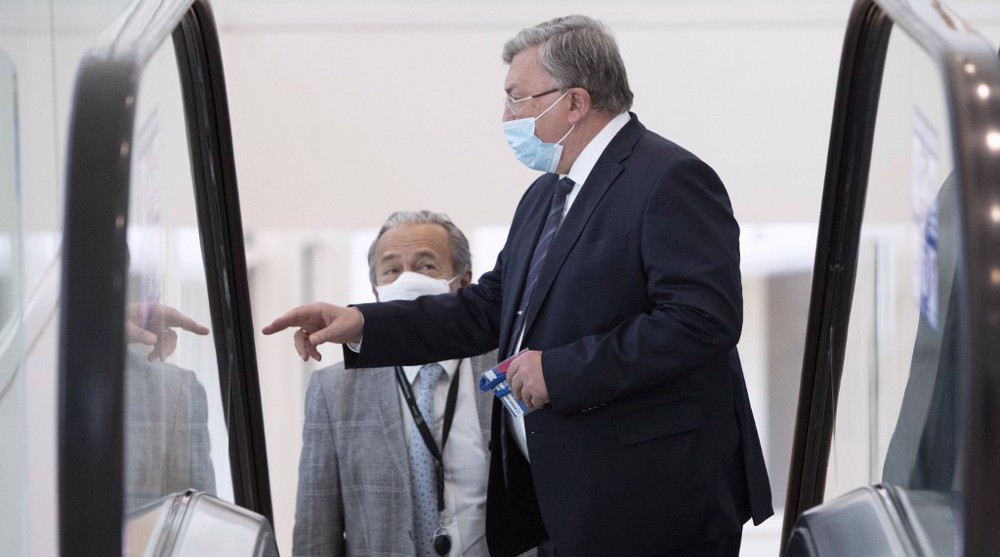
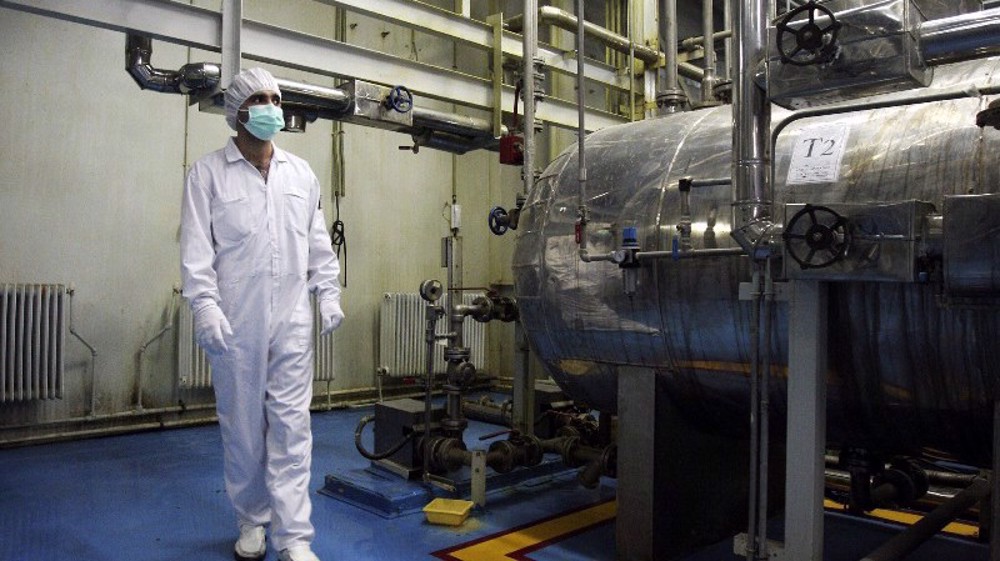
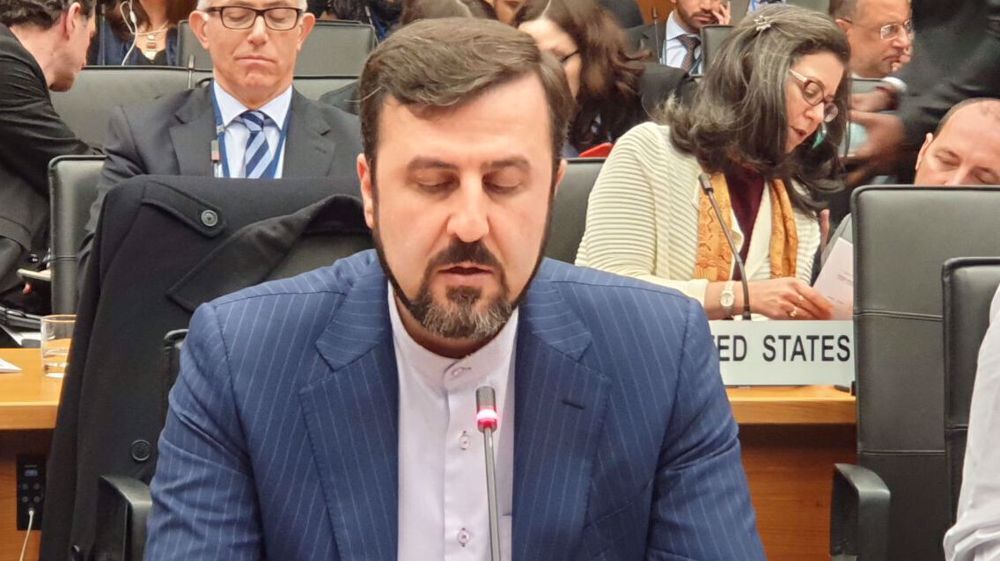
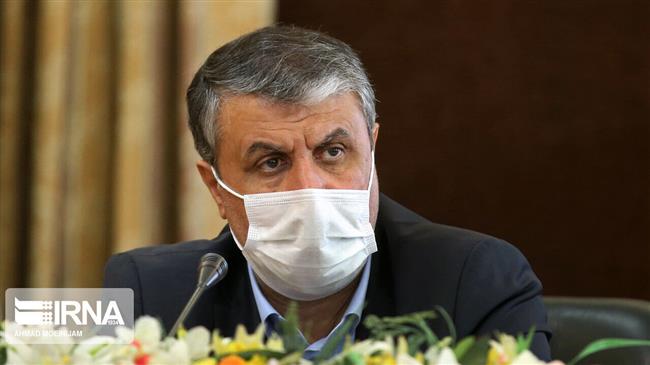
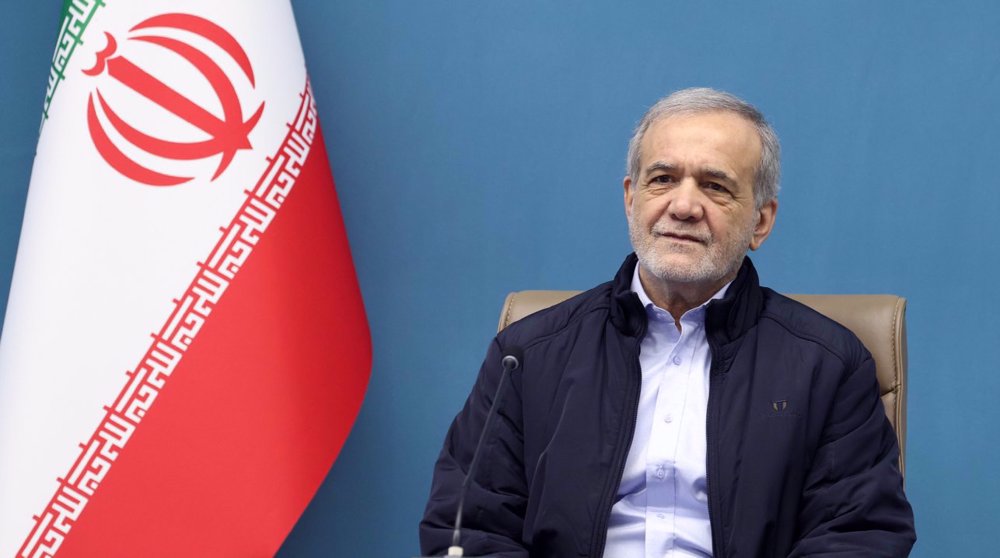
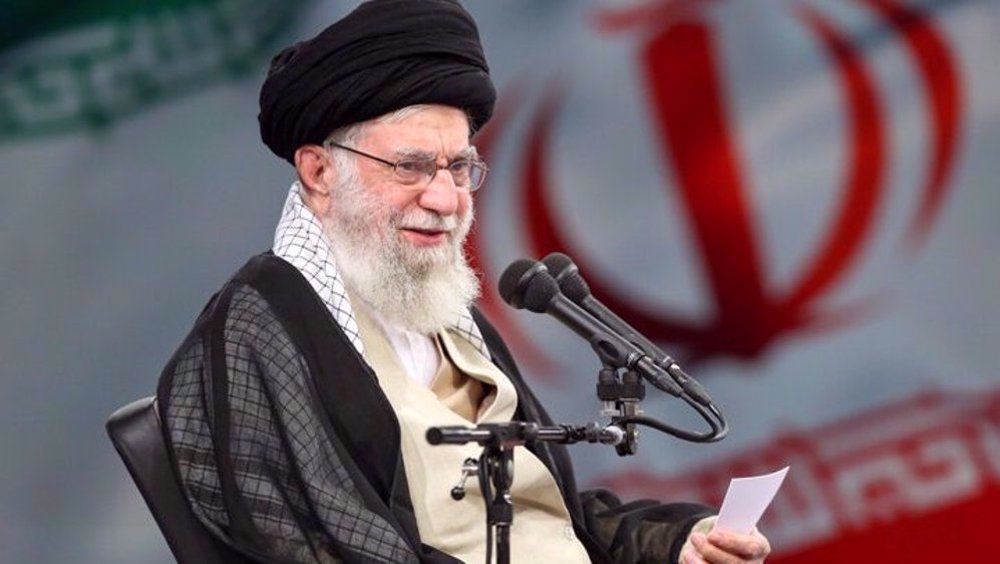
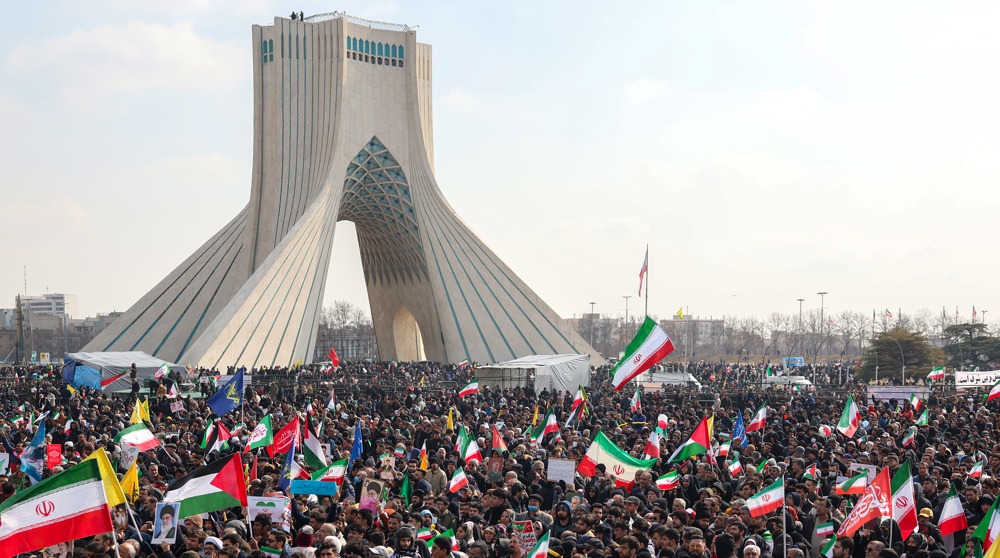



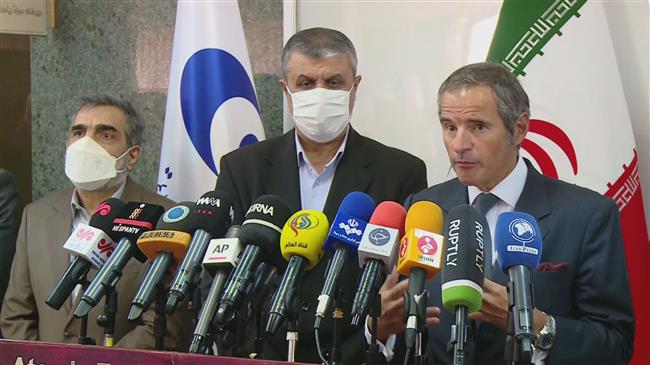
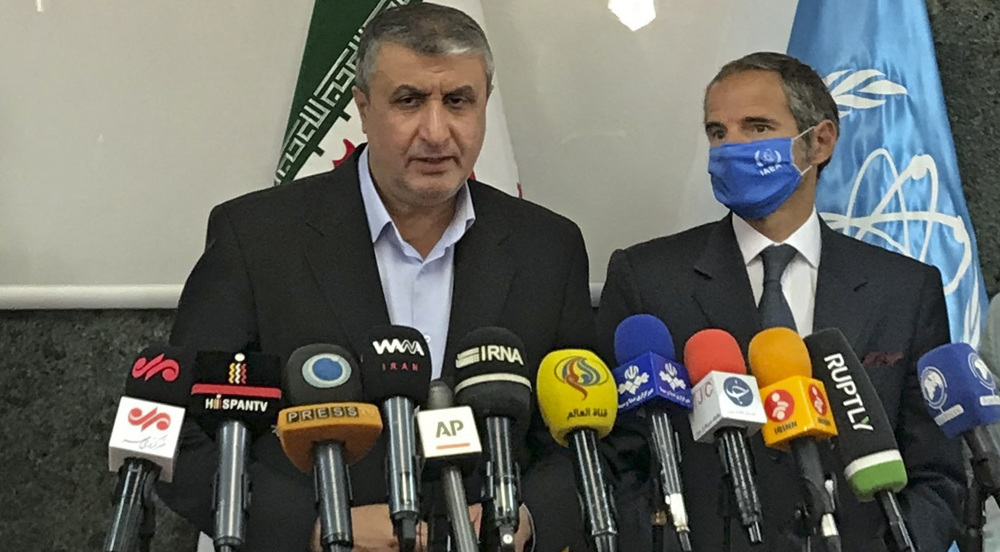
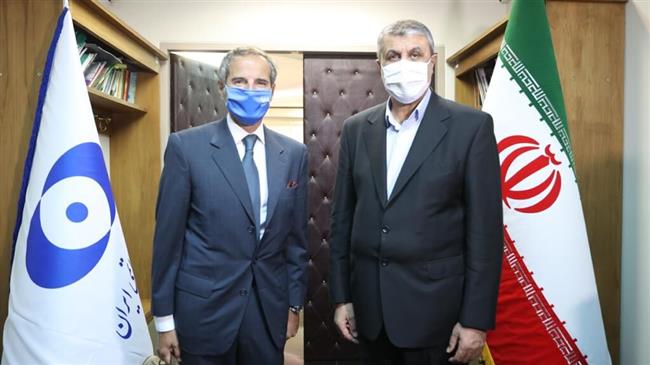
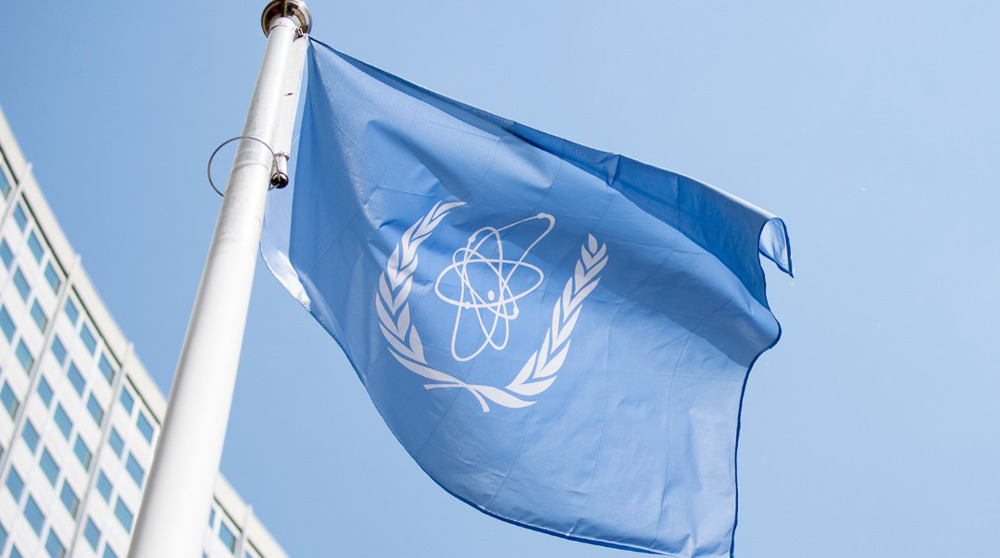
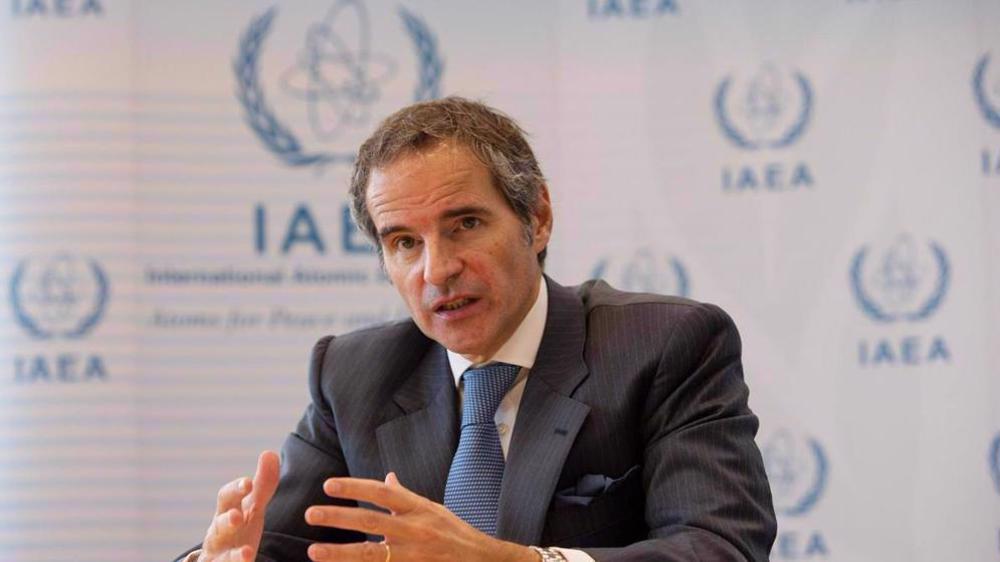

 This makes it easy to access the Press TV website
This makes it easy to access the Press TV website